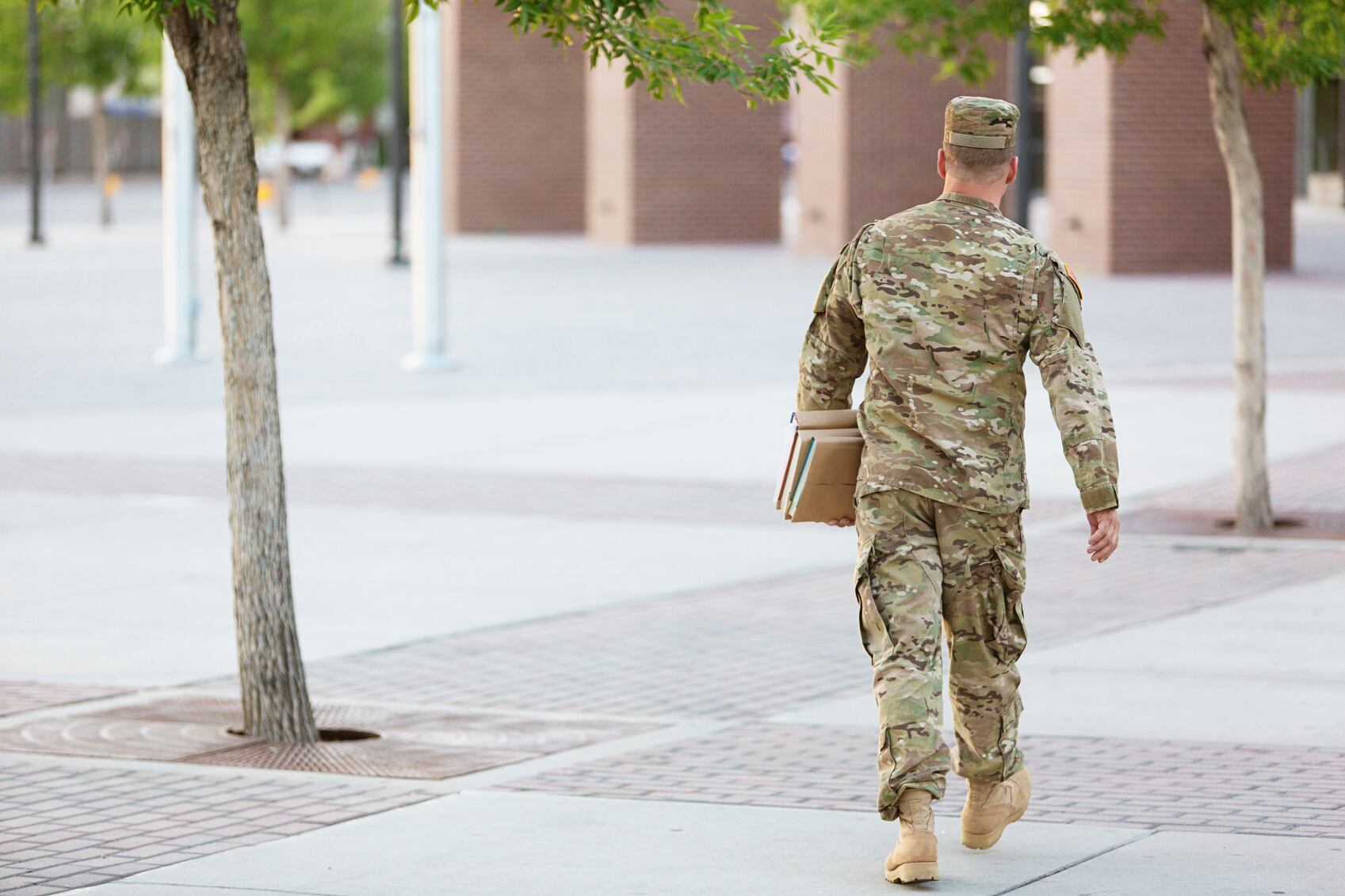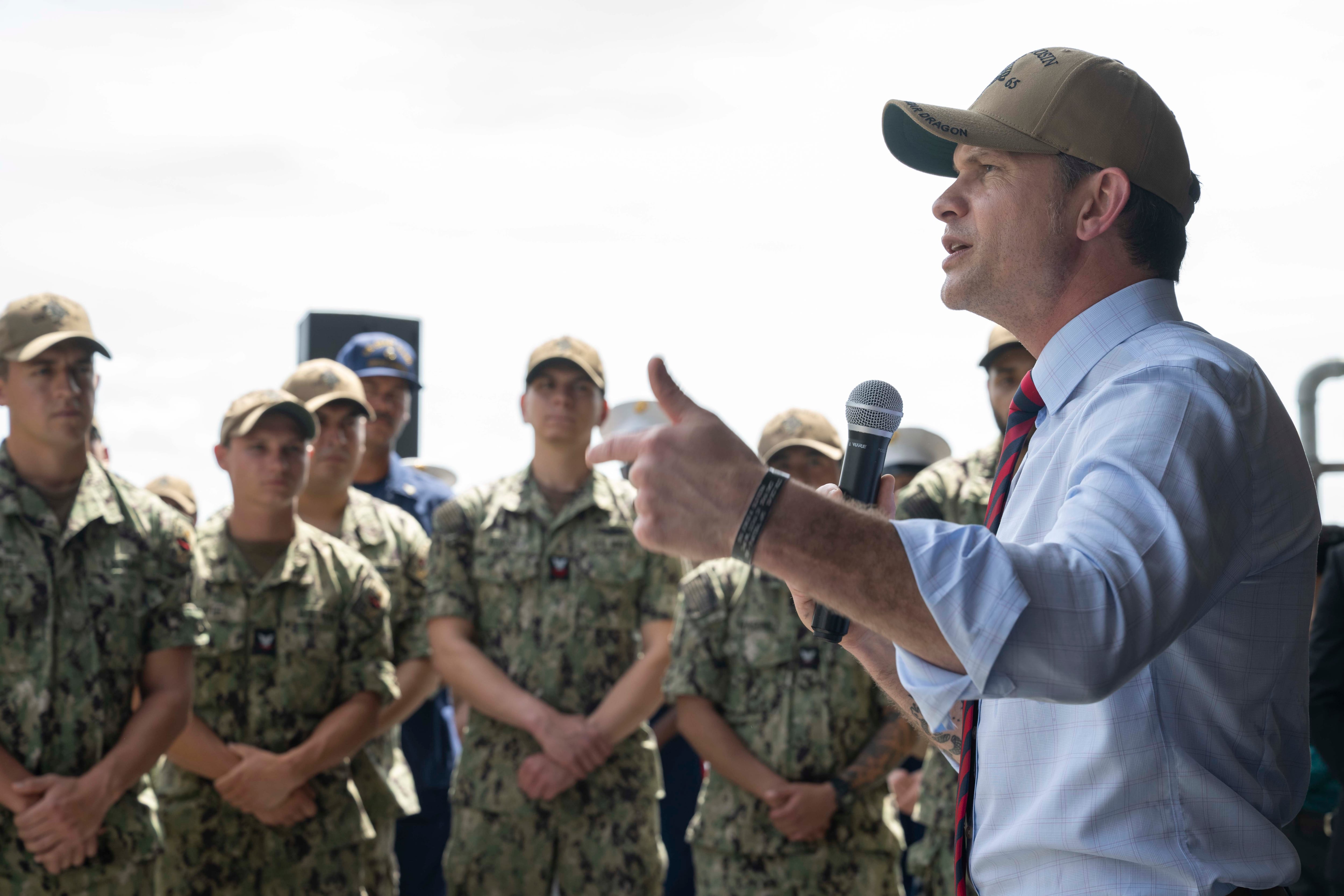Through most of 2020, top Marine marksmanship experts will recruit an estimated 600 Marines to fire a new rifle qualification that, if adopted, would be the most drastic change to how Marines shoot in a century.
Throughout 2019, Marines with Weapons Training Battalion have built a more realistic, combat-oriented rifle qualification that aims to make Marines not just shooters hunting for a badge but lethal marksmen who know how to destroy enemy targets.
That’s because they’re putting Marines in combat gear, body armor, helmet and assorted kit, to shoot with the weapon they’ll take to war: M4, M16 or M27.
RELATED

And while the current rifle range can take up to two weeks, the new course will take place over only three days.
Day one will focus on holds, zeroing the weapon and a run through the different distances, including a night fire. Days two and three will consist of shooting the qualification course.
Once they’ve gathered the statistical data from the 600 shooters, training battalion staff will send up recommendations for the course of fire and ranges of qualifications from unqualified to marksman, sharpshooter and expert.
It won’t be easy. Times to shoot are shorter.
Marines will shoot more like they would in combat, which includes using their magazine, bipod or ruck sack for support. They’ll shoot starting at the 500-yard line and move closer to the enemy as they would in a firefight.
They’ll shoot at night with night vision. They’ll shoot one human shaped target with a face. No more bull’s eye or prone silhouettes more suited for match rifle competitions.
And shooters on the line won’t be firing a single shot at a time, waiting for Marines to mark their target. Instead, they’ll be told to make their weapons ready and then fire all rounds allotted for that section of the shoot.
Marines on the target will then mark the target, score it and run it up to view.
This is an excerpt from “17 Things Marines Need To Know For 2020,” in the 12-23 print edition of Marine Corps Times.
Todd South has written about crime, courts, government and the military for multiple publications since 2004 and was named a 2014 Pulitzer finalist for a co-written project on witness intimidation. Todd is a Marine veteran of the Iraq War.





